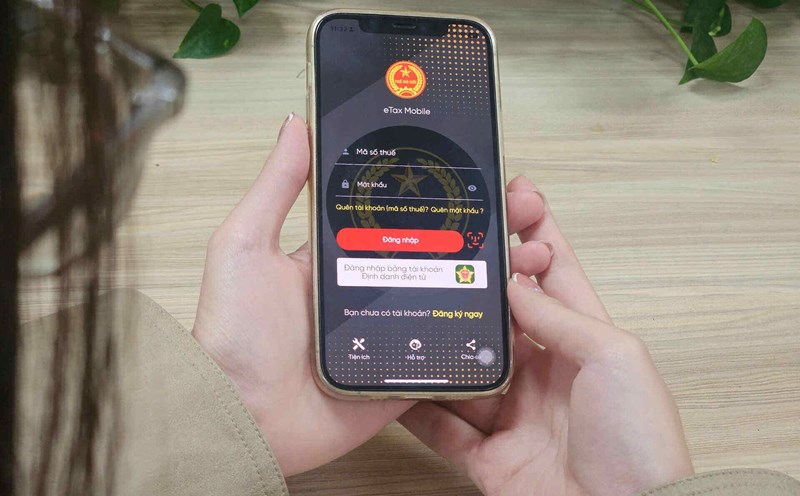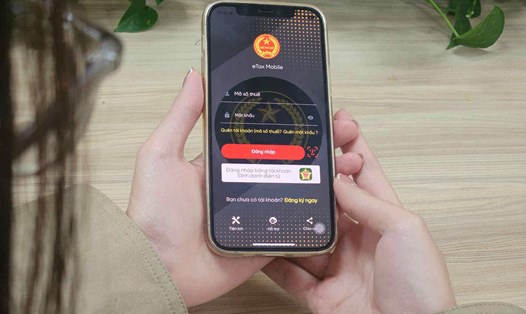Abolish VAT exemption for low-value goods
According to Decision No. 01/2025/QD-TTg, from February 18, 2025, low-value imported goods via express delivery services will have to pay VAT. This Decision abolishes Decision No. 78/2010/QD-TTg, which allows tax exemption for goods with a value below a certain level.
The policy change was made in the context of strong e-commerce development, significantly increasing the quantity of imported goods of small value. The Government believes that tax exemption is no longer appropriate, causing budget losses and creating unfairness between imported and domestically produced goods.
Legal basis and policy orientation
The abolishment of VAT exemption for low-value imported goods is in line with Vietnam's tax policy reform orientation. Resolution No. 07-NQ/TW dated November 18, 2016 of the Politburo and the Socio-Economic Development Strategy 2021-2030 aims to expand the tax base and limit inappropriate tax exemption and reduction policies.
According to the new regulations, low-value imported goods will be subject to VAT at the current level, similar to domestically purchased products. This not only helps increase budget revenue but also creates a fair competitive environment between imported goods and domestically produced goods.
Statistics from the General Department of Customs show that in 2023, the total value of imported goods of small value under 1 million VND via express delivery service will reach 27.7 trillion VND. If a 10% VAT is applied, the state budget can increase revenue by about 2.7 trillion VND per year.
Impact on businesses and consumers
From February 18, 2025, the collection of VAT on low-value imported goods will affect both express delivery service businesses and consumers.
Consumers who buy from international e-commerce platforms will have to pay additional VAT, making the price higher than before.
Express delivery businesses need to update the customs declaration system, declare taxes and pay taxes according to new regulations.
How will customs implement tax collection?
The General Department of Customs is implementing guidelines according to the direction of the Ministry of Finance to ensure that the collection of VAT on low-value imported goods is implemented in accordance with regulations. However, because the VNACCS declaration system does not have the function of automatically calculating VAT for this type of goods, the customs authority will apply a temporary plan:
Express delivery enterprises will have to calculate VAT according to the detailed list of goods and pay taxes according to the instructions of the General Department of Customs.
Customs conducts manual tax confirmation before upgrading the VNACCS declaration system.
It is expected that the system upgrade process will take about 4 weeks, after which the declaration and collection of VAT can be done completely electronically.
General trend of the world
Vietnam is not the only country to abolish VAT exemption for imported low-value goods. In recent years, countries such as the European Union (EU), the UK, Australia, Singapore and Thailand have all adjusted tax policies in this direction to ensure budget revenue and create a fair business environment.
According to statistics from the General Department of Customs, the total value of imported goods with a small value of less than 1 million VND through express delivery services in 2023 will reach 27.7 trillion VND. If a 10% VAT is applied, the state budget can increase revenue by about 2.7 trillion VND per year.
What should businesses and consumers do?
To avoid interruptions in the import and business process, businesses and individuals need to: Follow detailed instructions from the General Department of Customs on tax declaration; Update import costs to calculate appropriate selling prices; Prepare tax records and statements according to regulations to avoid violating customs procedures.
The elimination of VAT exemption for low-value imported goods is an important step in tax reform in Vietnam. Although it may cause some initial difficulties, in the long term, this policy will help increase budget revenue, ensuring fairness between imported and domestically produced goods.











